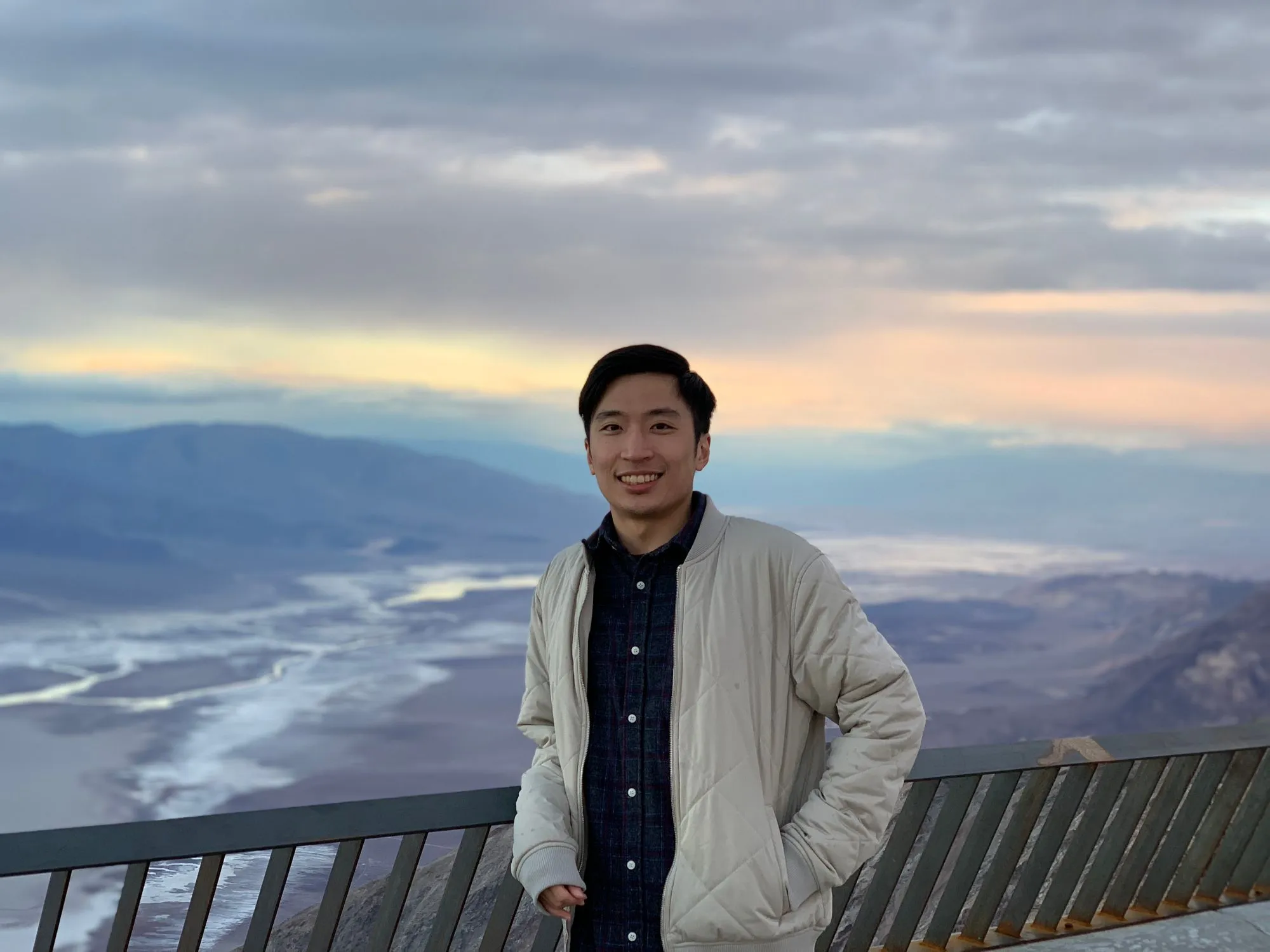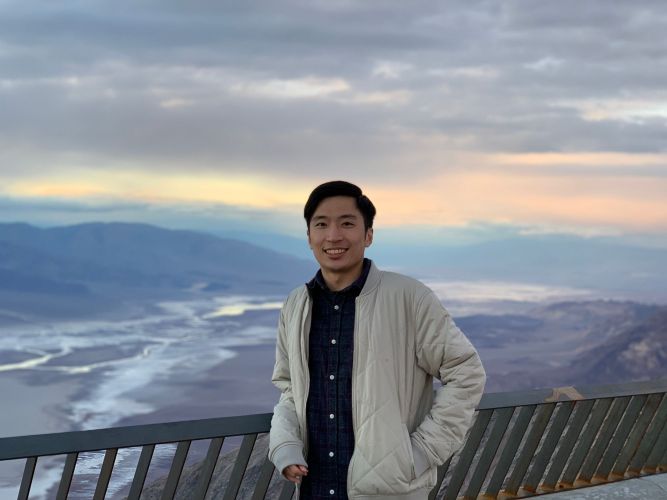
Imagine having your own personal digital assistant. Not merely the command-oriented smart speakers of today, but rather a more sophisticated assistant that knows your behaviors and can anticipate your next inquiry through data-driven intelligence. It’s just the sort of thing Futureforce PhD Intern Chien-Sheng (Jason) Wu aims to solve in his latest research “Global-To-Local Memory Pointer Networks for Task-Oriented Dialogue.” The paper, which Jason co-authored with Salesforce Chief Scientist Richard Socher and Director of Research Caiming Xiong, was recently selected to be presented at the Seventh International Conference on Learning Representations (ICLR).
We caught up with Jason to discuss his work on the team and his reaction to having his paper selected for ICLR.
What is your primary focus area?
I focus on machine learning and its applications in natural language processing, especially dialogue systems, question answering, and affective computing.
Tell us about your ICLR research.
My research focuses on end-to-end learning of task-oriented dialogue systems, which is when the systems aim to achieve specific user goals such as restaurant reservation or navigation inquiry within multiple dialogue turns. It is challenging because information such as dialogue history and knowledge bases, are usually large, dynamic, and difficult to incorporate into learning frameworks. Thus, we propose global-to-local memory pointer network (GLMP) to address the issue. We empirically show that our model can improve copy accuracy and mitigate the commonly unknown words. We outperform existing models and achieve state-of-the-art results in human-human datasets on both automatic and human evaluation.
What was your reaction upon finding out your research had been selected for ICLR?
I was ecstatic! My first reaction was to forward the email to my coauthors, Caiming and Richard, and thank them for all the advice and support.
How might your research benefit the average human?
Our research attempts to take a step towards data-driven, intelligent conversational agents. Ideally in the future, everyone will be able to have their own personal assistants to help them.
What would you tell someone interested doing a PhD internship with the research team at Salesforce?
At Salesforce, you’ll enjoy a high degree of research freedom, a nice working environment, healthy working hours, and plenty of GPUs. The most amazing parts are brainstorming and interacting with the team; they improve your skills on analyzing papers, rethinking problems, and finding solutions.
Learn more about our Salesforce Research Team and available PhD Internships at https://einstein.ai/careers.



























